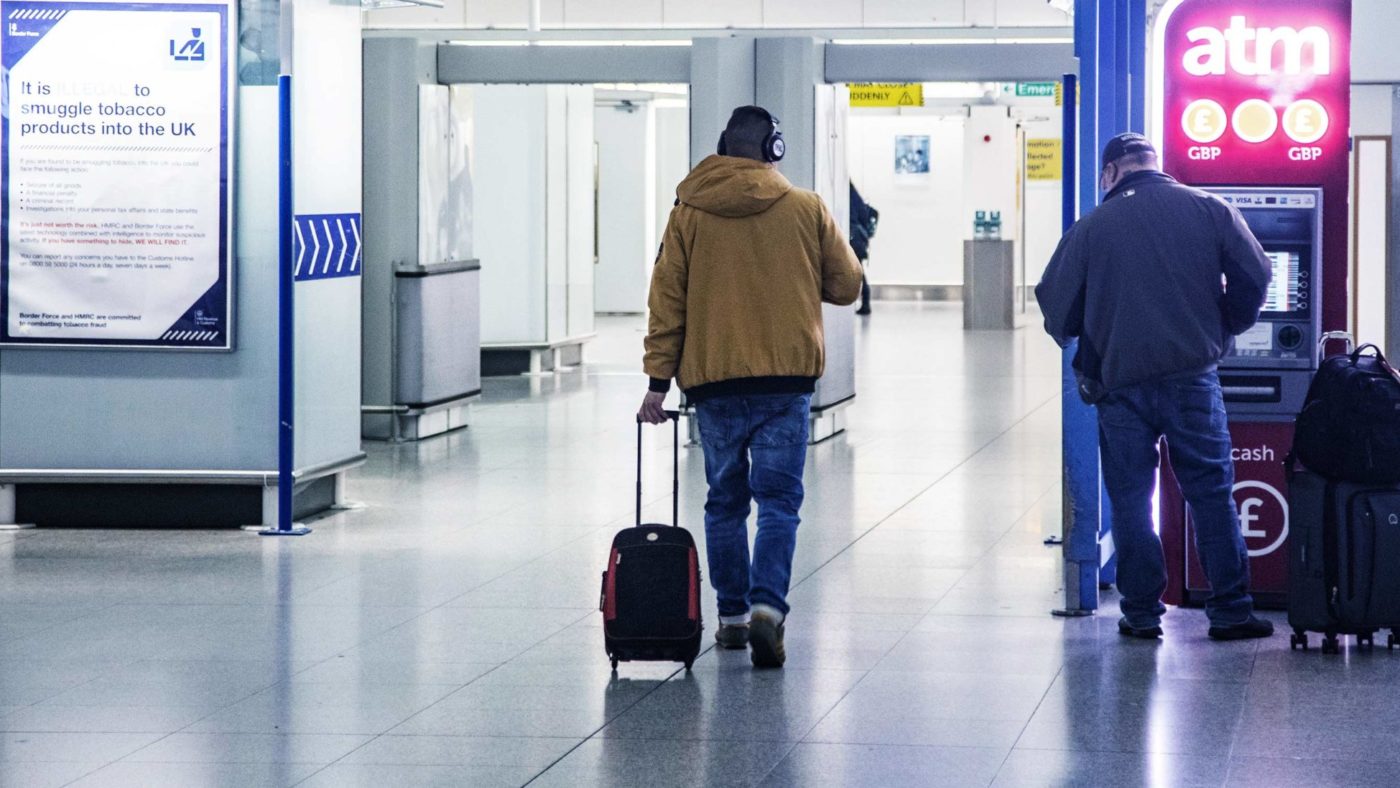There is no easy visa policy reform that would offset the economic damage from ending free movement. But there are ways of mitigating the negative effects, such as the proposed new fast track visas for scientists. There are also ideas that would make a bad situation markedly worse.
When we do, eventually, leave the EU, the Centre for Social Justice (CSJ) has called for the folding of EU immigration policy into the existing immigration rules for non-EEA migrants, renaming it the ‘Skilled Work Visa’ and increasing the minimum salary threshold to 35 per cent above the median – £36,700 in 2019/20 prices.
There is nothing wrong with targeting high-skilled immigrants. We already try to do this for non-EU labour through the exceptional talent routes, through the current salary thresholds, and through lower thresholds for graduates. More highly skilled workers tend to have greater economic spillovers, so if you wanted to put aside any concern for the welfare of immigrants and set up a system that’s best for UK, you might think a high threshold is the best solution. But you would be wrong.
Britain is blessed with some of the world’s best universities that continue to attract many of the world’s best and brightest. Policymakers are aware of this. It’s why there are two levels of threshold for applications – £20,800 for fresh entrants and £30,000 for experienced workers. An across-the-board minimum threshold of £36,700 would be madness.
According to Department for Education data, this would mean the average student of chemistry, pharmacology, pharmacy, engineering, mathematical sciences, veterinary sciences, physics, astronomy and architecture wouldn’t be able to command high enough wages to stay in the UK. Anyone studying the humanities could safely book their return flight for three years hence before starting their degree. As Sam Bowman asks: “how many people at the Centre for Social Justice earn under £36,700 and so would be considered too unproductive to come to the UK under this rule?”
In the report, the CSJ does allow for lower thresholds for when the occupation is of strategic importance – for instance NHS workers – but this is no solution for the whole economy. It works well enough for nurses, where the Government is the employer, but in more innovative areas of the economy the shortage occupation list massively lags what’s going on – particularly in areas like artificial intelligence and cybersecurity. The Migration Advisory Committee (MAC), which advises the government on immigration, is always on the back foot when it comes to identifying shortages and future demand. It’s not the MAC’s fault – it’s an endemic problem of central planning.
Entrepreneurs can easily slip through the gap in any country’s visa system, which is why we have the new start-up and innovator visa. The Government should prioritise fixing the failings of the current system. Immigrant entrepreneurs are behind a lot of the world’s most successful companies.
In the UK, while just 14% of UK residents are foreign-born, 49% of the UK’s fastest-growing startups have at least one foreign-born co-founder. Like most graduates, many of these founders left university not knowing what they were going to do. That 49% is made up of a disproportionate percentage of EU-born founders, who benefited from the flexibility of free movement, meaning they could work for less while they tested their business idea on the side, while their employees worked for less than they could otherwise command in exchange for equity.
It’s messy trying to find a place for entrepreneurs in the immigration system but the entrepreneurs have created thousands of jobs and attracted billions in investment. A £36,700 threshold would drive many of them out of the country upon graduation, or mean they never come. We have a patchwork visa system for a reason. It is an imperfect response to complex policy and political concerns. That’s why the MAC has suggested the limited return of the discontinued tier three visa. This was designed but never used for low-skilled non-EU immigrants.
The report’s author claims that: “In the long term, it is also likely that the British economy will demand less low-skilled labour. Automation, technology and changing firm dynamics are likely to mean a greater focus on hiring higher-skilled workers, and more fluid jobs in which individuals are expected to take on multiple roles and work across multiple teams. The CSJ argues therefore that is irresponsible to continue to operate an immigration system that is deaf to the demands of our changing economy, and risks leaving migrant labourers unemployed and at risk of falling into poverty.”
I’ll resist quoting Keynes on the long run, but it nevertheless stands. This should be our absolute last concern as we get ready to end free movement with close to full employment. If the CSJ’s predictions turn out to be correct – and for what it’s worth I think it’s reasonable to assume that technology will displace some jobs at some point – then we might want to reform our immigration system. For now, this is the exact wrong policy at exactly the wrong time. You could call it irresponsible.
CapX depends on the generosity of its readers. If you value what we do, please consider making a donation.


